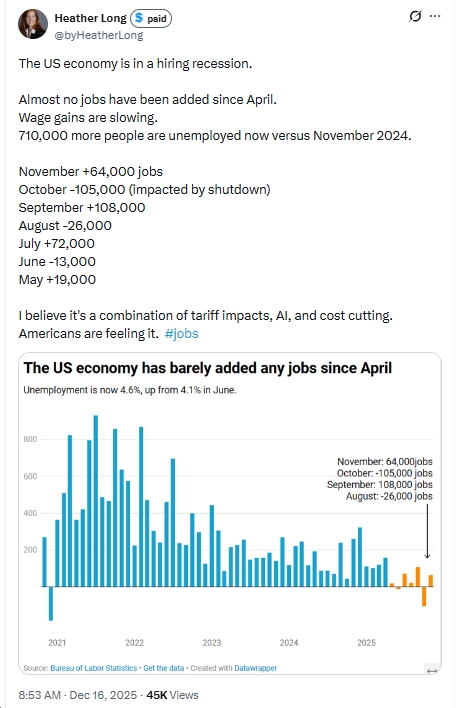by Paul Goldman
While I enjoy all the rhetoric from bomb throwers and bomb shelter hucksters, it might be useful to at least try to remember the difference between a default and a downgrade and the debt ceiling.
The debt ceiling involves the ability of the federal treasury to borrow more money. The folks in Alexander Hamilton’s old office are tapped out at around $14.3 trillion. As I understand it, this has already happened, we have hit the ceiling. They want it raised to $16.7 trillion. Let’s face it, that’s a lot of jack.
A sovereign debt default by the US would be not paying our obligations as they become due: the President says this can happen as early as August 2nd, he refutes several folks on Wall Street who say they have done the numbers and the cash flow from tax receipts and other maneuvers allowed under federal law gives us more time, I suspect the President has saved a few options. But he is smart not to say.
Thus, in practical terms, a default is a cash flow issue, indeed we could print more money to pay these debts under federal law, the currency in circulation doesn’t count toward the debt ceiling even though it is an obligation of the federal government [but allegedly backed by assets of equal value]. A default is more of a solvency issue in that the defaulting nation is saying: Sorry folks, we don’t have the money to pay nor the ability to borrow new money to pay off old debts.
A downgrade is a credit quality issue, it can accompany a default or even when you pay on time, it is a judgment on your future credit worthiness, that is to say whether you will be able to pay a debt incurred today as it becomes due in the future.
In that sense a downgrade by a rating agency – why are we letting these folks, complicit in the Great Financial Bubble, mess us up again? – may or may not lead to a major consequence as opposed to some consequence. Admittedly, in a fragile situation, even a small consequence can have large ripples.
But going from a AAA to down a notch wouldn’t ruin us although it is something we can and should prevent.
However, for discussion purposes, it is not the same as a default since we can fix it. But once a default happens, it stays with you for a long time.
THUS: The President is right to want to avoid default at just about any cost which is why a short term debt ceiling extension will be signed despite his previous statements to the contrary. He is right in that it might not stop a downgrade, but it will stop a default.
Moreover, a short term extension on the debt ceiling does buy time to both put a future default off the table and avoid a credit downgrade. It would be totally irresponsible to downgrade the US on August 3 or whatever, and like I say, why does these folks have such power given their recent track record? So if we avoid default – which would lead to an automatic downgrade – we should buy a few months hopefully. But if not, then we can still repair our credit with strong action in the following few months. .
As I have written here and in national publications, those laughing at Eric Cantor and Speaker Boehner, and saying all those things may now have to eat all those words and essentially cave-in to their demands
This could have been avoided, it can still be avoided. But it will take real thought about real substantive stuff, not ideological rhetoric and the like. They have used the threat of default to try and get their way.
Politics is hardball quite often, but not a TV show: rhetoric is one thing, actually playing the game is another.
The President has to take default off the table, meaning: if the choice is default vs downgrade, then he has to choose the latter, he will choose the latter, and he should be praised for it, not pilloried.
Hopefully, Senator Reid can figure out a way to give him a third option. There is one. But he might not have enough time before August 2nd.



![Thursday News: “Europe draws red line on Greenland after a year of trying to pacify Trump”; “ICE Agent Kills Woman, DHS Tells Obvious, Insane Lies About It”; “Trump’s DOJ sued Virginia. Our attorney general surrendered”; “Political domino effect hits Alexandria as Sen. Ebbin [to resign] to join Spanberger administration”](https://bluevirginia.us/wp-content/uploads/2026/01/montage010826.jpg)













